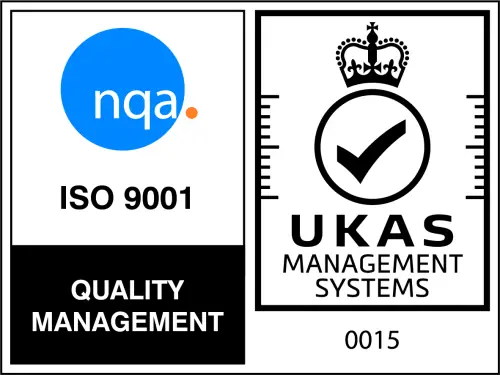Herpes Simplex Virus Type 1 (HSV-1) is often associated with oral herpes, but its significance extends beyond cold sores. For professionals in the in vitro diagnostics (IVD) industry, HSV-1 holds vital importance due to its role in disease detection and patient care.
Here's why HSV-1 matters in IVD:
🧪 Widespread Prevalence: HSV-1 infects a large portion of the global population, with WHO estimates indicating that nearly 67% of people under 50 have it. Its prevalence makes it a priority for diagnostic development.
🔍 Early and Accurate Diagnosis: Detecting HSV-1 in the lab setting can be complex, as it may involve asymptomatic carriers. Early and precise diagnostics play a pivotal role in identifying infection, managing outbreaks, and guiding treatment options, which are essential in patient care.
💉 Enhancing Assay Sensitivity: As a commonly used reference pathogen, HSV-1 is crucial in calibrating and validating IVD tests. This ensures that diagnostic assays for viral detection are accurate, reliable, and sensitive—ultimately strengthening the quality of healthcare diagnostics.
🌍 Public Health Impact: Identifying HSV-1 helps reduce transmission risks and contributes to public health strategies aimed at controlling its spread, especially as HSV-1 can also contribute to genital herpes, impacting patient quality of life.
Incorporating HSV-1 testing into IVD workflows allows laboratories to contribute to improved patient outcomes by delivering timely and actionable results. Let’s continue to push the boundaries of diagnostics and empower healthcare through innovation in infectious disease testing.
 Korean
Korean 








